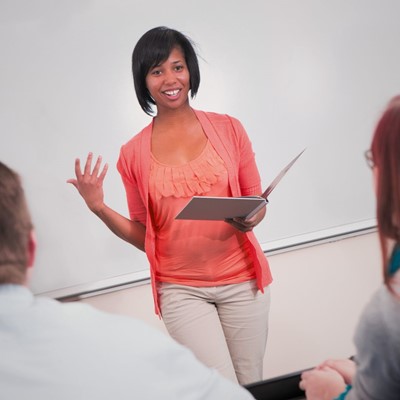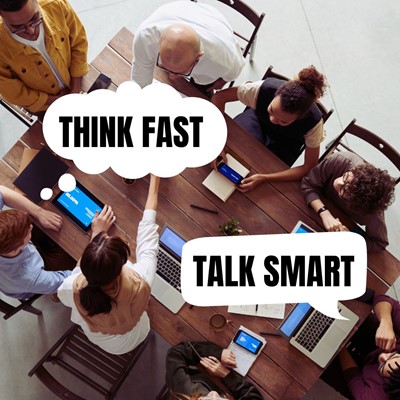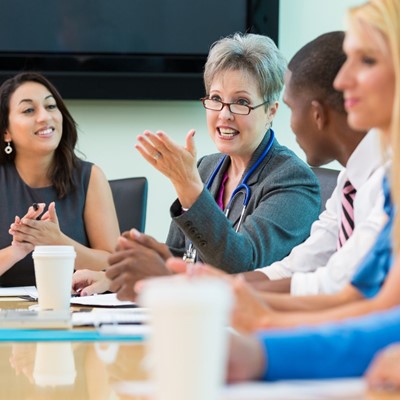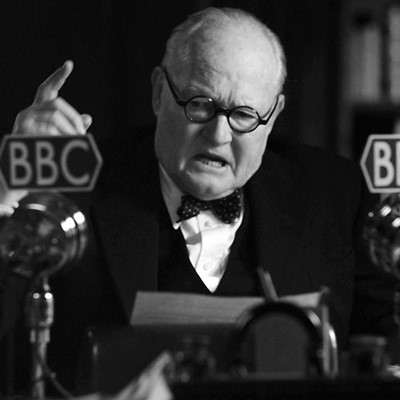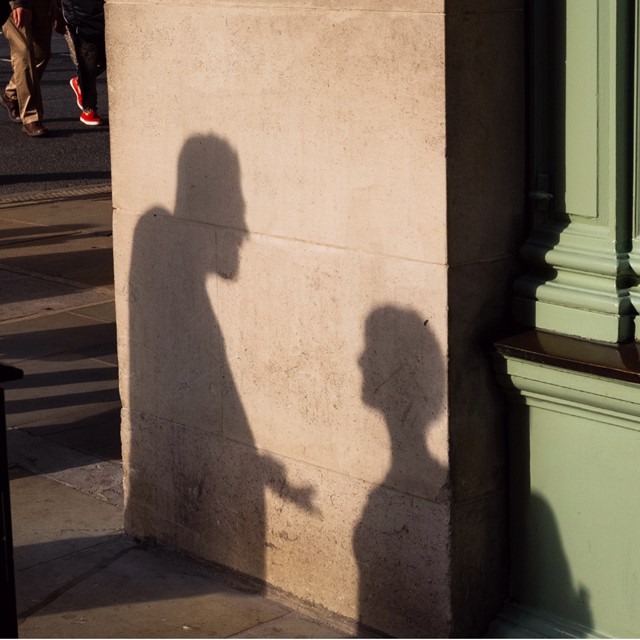
"One thing I appreciate the most about debate is it forced me not to fall into the trap of polarization….I had to think of why I was so opposed to their ideology. It made me a better thinker. It’s really important we provide people with tools not to fall into polarization."
Selihom Andarge, a member of the Regis University debate team, made that observation recently in an interview with The Denver Post.
This is an appreciation that tends to emerge during our own Buckley School debates, too.
At the school, we use debate as a vehicle for teaching public speaking skills. We’re not interested in how many points a person can cram into their speech, though.
We have more of an Intelligence Squared approach to the presentation of ideas: How can you express your position so that it persuades the audience to hear you out?
But we don't let you choose your side in the argument. So, what if you don’t agree with the position you're assigned to take?
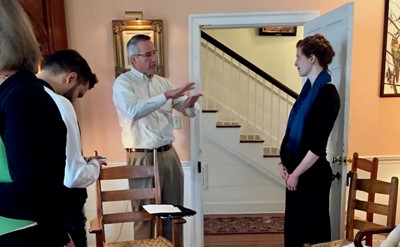 In our Executive Seminars, debate is a tool for teaching public speaking--and teams prepare by considering all sides of the argument.
In our Executive Seminars, debate is a tool for teaching public speaking--and teams prepare by considering all sides of the argument.
The Benefit of Making the Case When You Don’t Agree
Do you have to make a case for something when you oppose it?
In competitive debates and in our Buckley School debates, yes, that’s part of the exercise.
As Andarge points out, there are benefits. Making an argument, especially when you don’t agree with the position you have to take, helps you understand your own thoughts better—and perhaps why your "opposition" may believe as they do.
In a recent debate at The Buckley School, one team had to argue against imposing stricter U.S. environmental regulations. To prepare, our coaches asked Negative team members to begin with the opposing side’s argument: What will the Affirmative team say in support of more regulation?
One team member expressed what several were thinking: "That’s easy, because I agree with their side!"
But by the end of the discussion, it was clear the answers on either side weren’t as simple as they might have first seemed.
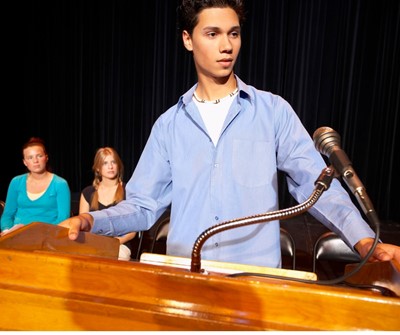 As the students of Regis University will tell you, participating in debate helps you hone a range of skills.
As the students of Regis University will tell you, participating in debate helps you hone a range of skills.
Debate Our Way to Civil Discourse
Scott Wunn, executive director of the National Speech and Debate Association, told The Denver Post that debate is a good tool for promoting civil conversation at a time when the United States could use more of that.
"Good debate teaches civic-mindedness and is so much more than just an argument. Students must be able to argue both sides of a resolution… they must link those arguments to very specific, warranted behaviors or results."
The Regis University debate team joined others from across the country at Clemson University in April for the 2019 national championship competition.
Students say through competing with the best teams from across the country, they gain confidence and build public speaking skills, as well as improve their critical thinking. They learn to disagree with respect.
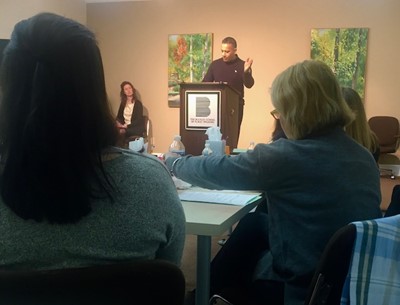 A Buckley School debate in progress. We tell our skeptical students they'll have fun--and they always do.
A Buckley School debate in progress. We tell our skeptical students they'll have fun--and they always do.
Putting the Fun in Public Speaking
They also discover—as our Buckley students find—that debate can be a lot of fun. That’s no small benefit. Public speaking is a fear for many, often dreaded even by those who don’t fear it. Finding a way to tap into your passion about a message is a key to overcoming nerves and making the most of your speaking strengths. Being part of a team inspires you to take chances you might not take on your own.
As Regis team member Amadia Al-Amin told The Denver Post about how her perception of debate changed once she got involved:
"I didn’t realize you can be so passionate about it. I used to use my passion toward basketball. I didn’t think you can be so passionate about articulating yourself and forming arguments."
Read More
The Denver Post wrote about the Regis University team and their debate prep process. Find that here.
To read more about the April 2019 national championship tournament hosted at Clemson University, see this article.
For lessons she's learned coaching a champion youth debate team, see these tips from Buckley coach Jana Daley.

